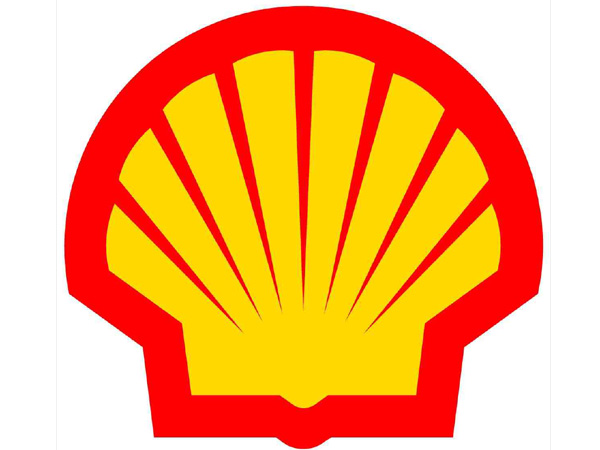The ripple effect from the permanent shutdown of Shell’s refinery in Tabangao town, Batangas province, in the Philippine economy will be far-reaching, leaving the country exposed to global oil price fluctuations while weakening its potential to attract investments.
According to Fitch Solutions Country Risk and Industry Research, “the economic repercussions could prove to be substantial.”
The think tank forecasts Shell’s move could raise the Philippine’s import bill, weaken the country’s ability to attract investment inflows, add burden to its forex reserves and possibly influence tighter monetary policy in the long term.
“As domestic fuel demand is expected to grow over the coming years, the Philippines will have little choice but to raise import volumes in response, barring an unlikely significant upsurge in [domestic] refining output,” Fitch Solutions said.
With the Shell refinery following in the footsteps of Chevron, which closed down its neighboring Caltex refinery in Batangas in 2003, Petron is the only one left as the Philippines’ crude oil refiner.
The shutdown of the Shell refinery took out about two-fifths of oil refining capacity in the Philippines.
“In our view, greater dependence on energy imports will leave the Philippine economy more tied to fluctuations in global energy prices,” Fitch Solutions said.
“A downsized domestic refining output, next to rising need for imports, is expected to prove a drag on the trade balance over the coming years, creating pressures for the Philippines’ external financing position when domestic demand for energy is rising,” it added.
Such a scenario puts added pressure on the Philippines’ foreign exchange reserves or its ability to attract investors inflows. In turn, this could result in the peso’s depreciation against the US dollar.
Fitch Solutions said the Tabangao shutdown could even turn off Petron, which earlier announced plans to boost investments in the domestic downstream.
Petron had previously announced a $10-billion kitty for the further upgrade and expansion of its Bataan refinery and for an additional storage capacity in Mindanao.
Further, Fitch Solutions noted Shell’s cost-cutting campaign also affected the upstream segment of the business. The think tank is referring to Shell’s plan to divest from the Malampaya natural gas project.
Shell Philippines Exploration BV holds a 45-percent operating stake in the Malampaya project, the concession for which has not been renewed and would lapse in 2024.



